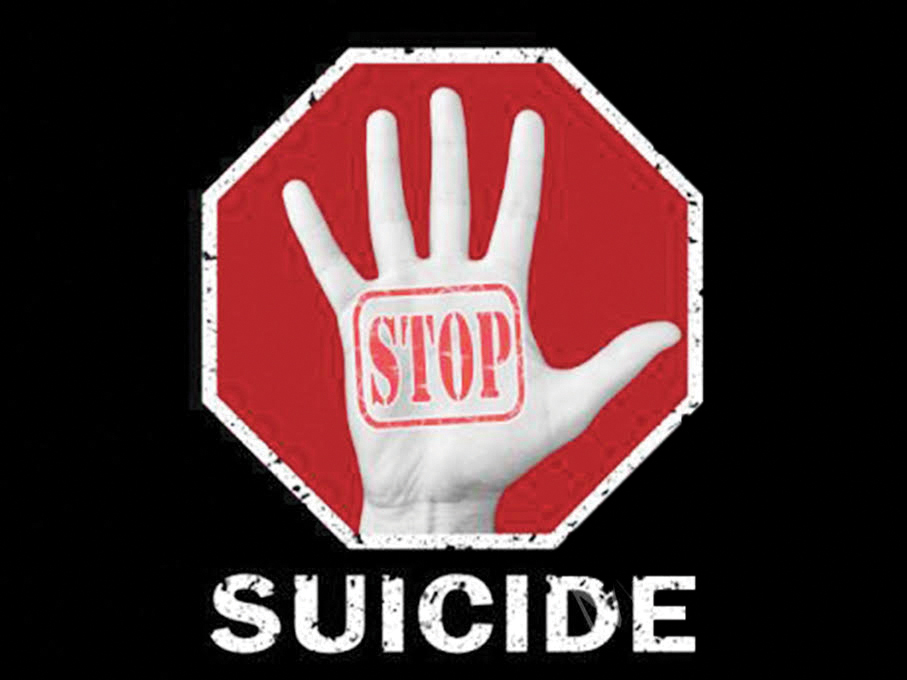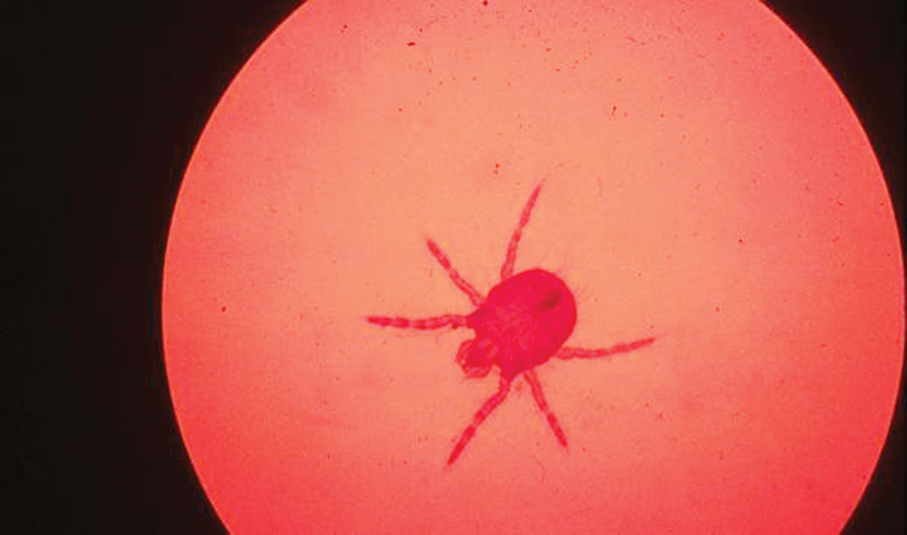Editorial
Is the COVID-19 pandemic a black or a white swan? That’s a question that is still being discussed by commentators and scientists around the world one year after the novel coronavirus “came from nowhere” as some prefer to put it.
Of course, nothing comes from nowhere. The novel coronavirus came from somewhere, but we still don’t know its origin. It’s still a riddle to be solved by virologists.
The June issue of Portugal’s Pulmonology Journal features an article titled “The COVID-19 outbreak: From ‘black swan’ to global challenges and opportunities.” The article concluded that “we are still in the middle of the storm, more lessons will be taught from this emergency before it is over. It will only depend on us if we will be able to learn them and to turn the ‘black swan’ into a growth opportunity for the entire international community.”
On the other hand, an article published in The New Yorker magazine in April is titled “The Pandemic Isn’t a Black Swan but a Portent of a More Fragile Global System.” It starts by saying that Lebanese-American mathematical statistician and applied epistemologist Nassim Nicholas Taleb is irritated whenever the novel coronavirus pandemic is referred to as a “black swan,” the term he coined for an unpredictable, rare and catastrophic event, in his best-selling 2007 book of that title. I read his mind-blowing “The Black Swan – The Impact of the Highly Improbable” in 2008, and it’s still one of the most unforgettable books that I have read.
Taleb told Bloomberg early this year that COVID-19 was wholly predictable, pointing out that he and many others including Bill Gates had predicted it – a white swan, i.e. a rather certain event.
Traditionally, an extremely unlikely event with extreme consequences is called a black swan, based on Europeans’ wrong belief until they arrived in Australia that all swans were white. Well, in Australia they were quickly proved wrong by the existence of black swans there. Ever since, “black swan” has been a metaphor for extremely unlikely events.
Of course, the question is whether the novel coronavirus pandemic is an extremely unlikely event that has resulted in extreme consequences. Well, stringent lockdowns, drastic travel bans, the ubiquitous wearing of facemasks and social distancing are the rather extreme consequences of the current pandemic, but was it unpredictable?
I don’t think so.
I agree with the gist of an article titled “Coronavirus is significant but is it a true black swan event?” by Glenn McGillivray, managing director of the Institute for Catastrophic Loss Reduction of Canada’s Western University. The article begins by pointing out that since the “black swan” metaphor was coined in the 2007 book of the same name “it has become fashionable to label virtually all low probability/high impact events black swans. But the danger of making an occurrence like the COVID-19 outbreak appear to be astronomically rare is that we will treat it as such and fail to prepare for the next pandemic.”
That’s the point.
We do not only have to tackle the current pandemic through the widest possible range of measures such as the world’s largest-scale vaccination drive within the shortest possible timeframe ever but also make proper preparations for the next one.
McGillivray concludes his article by emphasising that “an event like COVID-19 is not all that rare. Indeed, history is replete with such events, there have been numerous warnings from many sources, and the mathematical odds of an occurrence are not all that remote. With pandemics, it is not really a question of if, but usually when.”
When? Of course, we can’t know but we all need to be fully prepared for another viral onslaught sooner or later.
That’s why international cooperation through the World Health Organisation (WHO) is of vital (“vitalis” means “life-giving” in Latin) importance to the wellbeing and even sheer survival of humanity. While the WHO certainly doesn’t have a patent on the truth (it has got quite a few things wrong in its response to COVID-19), it is still the best thing that we have got for a globally coordinated response to the pandemic. Donald Trump’s decision to withdraw from the WHO in the midst of the pandemic will surely go down as one of the most unhinged foreign policy decisions by Washington in US history. One of the most sensible things that Joe Biden can do soon after he takes the reins in the White House next month is to get the US right back into the UN agency responsible for international public health.
I also hope that the West will learn a lesson from its astoundingly tardy and erratic response to COVID-19 which is killing hundreds of thousands of its citizens and causing colossal damage to its economy. The West ought to learn from China and other Asian societies influenced by Confucianism that during the life-and-death battle with a pandemic, collective rights must take precedence over individual rights. Temporarily going without one’s beloved pub crawl, partying or far-flung holiday is certainly preferable to ending up in ICU or worse. This is a no-brainer, really…
– Harald Bruning









